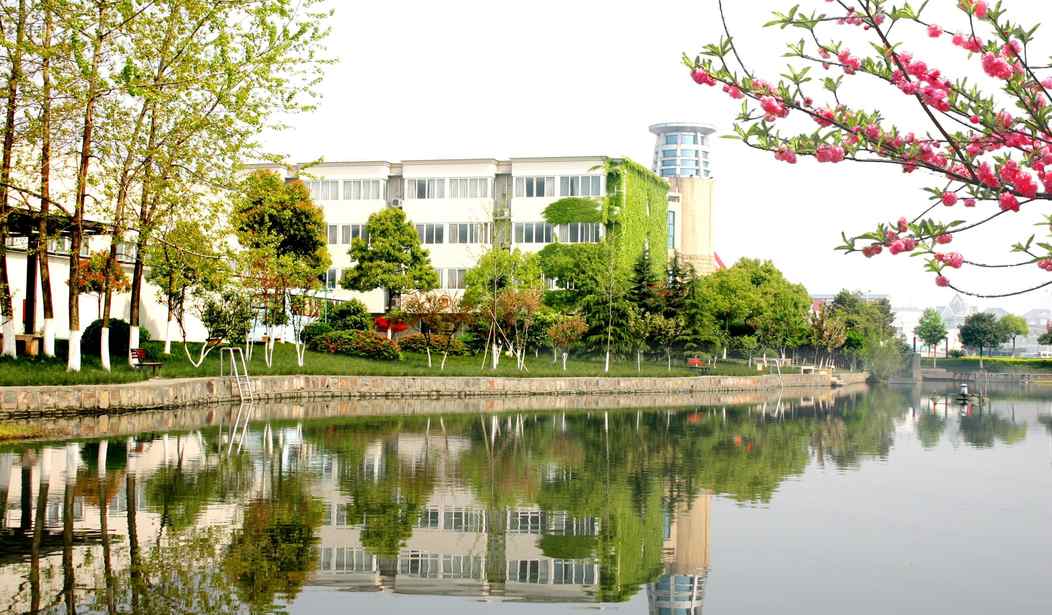South Carolina officials have fished successfully in foreign waters for investment over the past decade. Now they’re even reeling in catches from China, a nation blamed throughout the state for battering South Carolina’s economy over the past two decades.
“No one could have imagined five years ago that China would look at the cost structure in South Carolina and say it’s more profitable to locate in South Carolina than in China,” says Auggie Tantillo, a South Carolina native who heads the National Council of Textile Organizations.
For years, South Carolina’s business leaders were at loggerheads with China. Roger Milliken, the former chief executive of textile giant Milliken & Co., bankrolled unsuccessful efforts to block China’s entry into the World Trade Organization because he believed Chinese competition would undermine U.S. firms. Former Sen. Jim DeMint, who won office as a free trader, says that many people in his home state believed they were losing their jobs because of low-cost Chinese competition.
But now Chinese investment in the state, although now at modest levels, is starting to build. Chinese investors are buying golf courses near Myrtle Beach, and setting up yarn, plastic and chemical companies elsewhere. In one of the biggest investments, Chinese-owned Volvo Car Corp. last year said it would invest $500 million to build a new vehicle plant near Charleston.
This is certainly a different twist on the business and China stories most often told these days. Hey, it’s a global economy, why not look for money from everybody, right? Chinese investment in the U.S. has been steadily increasing for over a decade and South Carolina started putting effort into capturing its share of it even before that:
South Carolina’s success in snagging foreign investment is the subject of a Wall Street Journal front-page story.
The state has focused on Chinese investment since at least 2001, said John Ling, who until recently headed the state’s Chinese investment efforts. “The breaking point,” Mr. Ling said, was in 2009 when China spent heavily to stimulate its economy and pull itself out of the global recession. Part of Beijing’s strategy was to encourage Chinese companies to invest overseas as a way to build their global presence to find markets for excess supply. The strategy also could boost Chinese exports. That’s because foreign firms generally look to home companies for supplies.
What are the odds that a President Trump would agree with Candidate Trump when faced with a Chinese willingness to spend money here?










Join the conversation as a VIP Member